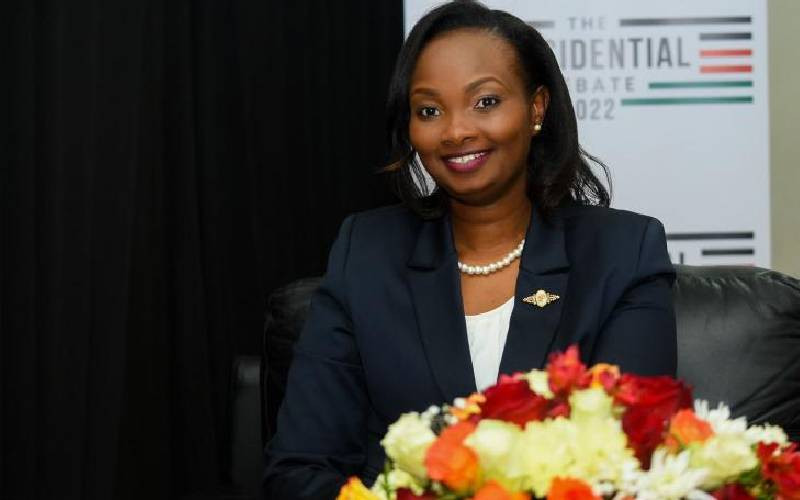×
The Standard e-Paper
Kenya’s Boldest Voice

Ruth Mucheru, who was Running mate of Agano Party's David Mwaure, during the deputy running mates debate at CUEA on July 19, 2022. [Presidential Debate team]
Most people who saw Ruth Mucheru at the presidential debates this past election season would probably be surprised to learn that she is a fast driver.